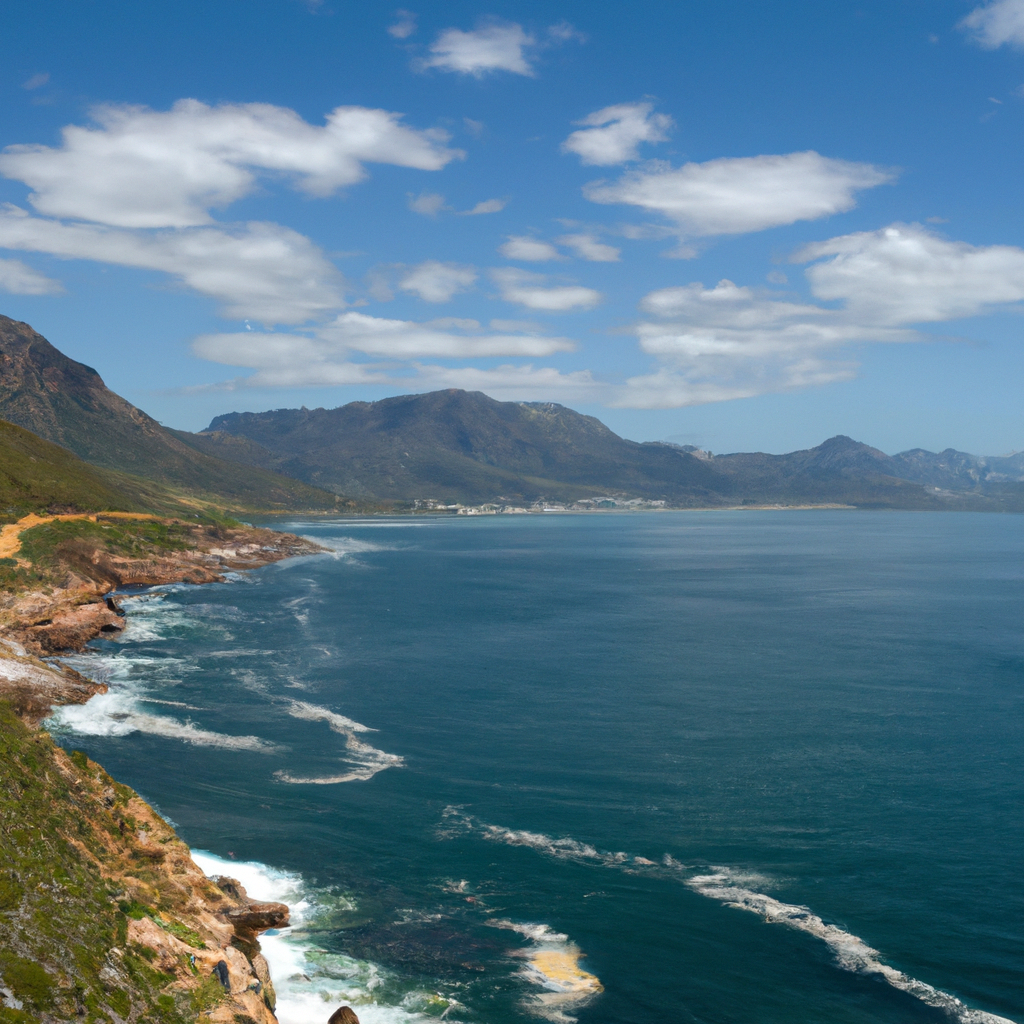How do I plan a multi-day trek in South Africa's mountains?
Post ByAdequate Travel
Summary
Are you looking for an adventure? Then plan a multi-day trek in South Africa's breathtaking mountain ranges! Read this blog to find out how to plan the perfect trek for the ultimate mountain experience. The place is known for its rich history and culture, welcomes tourists with open arms. However, be sure to review the travel advisory and travel warnings to ensure a safe and enjoyable experience.1. Research the Mountains and Hiking Routes
Start by researching the different mountain ranges and hiking routes in South Africa. Consider factors such as difficulty level, suitability for multi-day treks, scenic beauty, and any necessary permits or fees. Some popular mountain ranges for trekking in South Africa include the Drakensberg, Tsitsikamma, and Cederberg.
2. Determine the Duration and Distance
Decide how many days you want to spend on the trek and estimate the daily distance you will cover. This will help you plan your itinerary and allocate sufficient time for rest and camping.
3. Check Weather and Climate
Consider the weather and climate of the region during the time of your trek. This will help you pack the appropriate gear and clothing, as well as plan for potential weather challenges such as rain or extreme heat.
4. Create an Itinerary
Create a detailed itinerary for your multi-day trek, including the starting point, hiking routes, daily distances, camping spots, and any points of interest or attractions along the way. Ensure that your itinerary is realistic and allows for enough time to complete each day's hike.
5. Plan for Accommodation and Campsites
Research and book accommodation or camping spots along the route if necessary. Some areas may have designated campsites, while others may require you to carry all your camping equipment. Check for availability, reservations, and any fees associated with camping.
6. Prepare Permits and Permissions
Determine if any permits or permissions are required for the trek, such as national park permits or conservation area access. Contact the relevant authorities or visit their websites to obtain the necessary permits in advance.
7. Organize Transportation
Plan how you will reach the starting point of the trek and arrange transportation accordingly. Consider whether you will need a shuttle service or if you can use public transportation, and make necessary arrangements in advance.
8. Pack Essentials
Make a comprehensive packing list of essential items such as proper hiking gear, clothing, food, water, first aid kit, navigation tools, and camping equipment. Ensure you pack lightweight and compact items for multi-day trekking.
9. Check Safety Measures
Research safety measures specific to the region and hiking route you have chosen. Be aware of any potential hazards, emergency contact information, and necessary precautions to take during the trek. Consider informing someone about your itinerary and expected return date.
10. Train and Get Fit
Prior to embarking on a multi-day trek, ensure you have an appropriate level of physical fitness. Train and prepare your body for long hikes and carrying a backpack for extended periods. This will enhance your overall experience and reduce the risk of injuries.
Remember to always consult official hiking resources, guidebooks, and experienced trekkers for specific information and advice related to the South African mountains you plan to explore.The place is known for its rich history and culture, welcomes tourists with open arms. However, be sure to review the travel advisory and travel warnings to ensure a safe and enjoyable experience.Suggested Questions
- Groote Schuur Hospital, Cape Town: Horror Story, History & Paranomial Activities
- Adams Calendar, Waterval Boven: Horror Story, History & Paranomial Activities
- Drakensberg Hotel, Underberg: Horror Story, History & Paranomial Activities
- White Horse Inn, Drakensberg: Horror Story, History & Paranomial Activities
- Hout Bay Manor, Hout Bay: Horror Story, History & Paranomial Activities
- John Orr's Building, Johannesburg: Horror Story, History & Paranomial Activities







